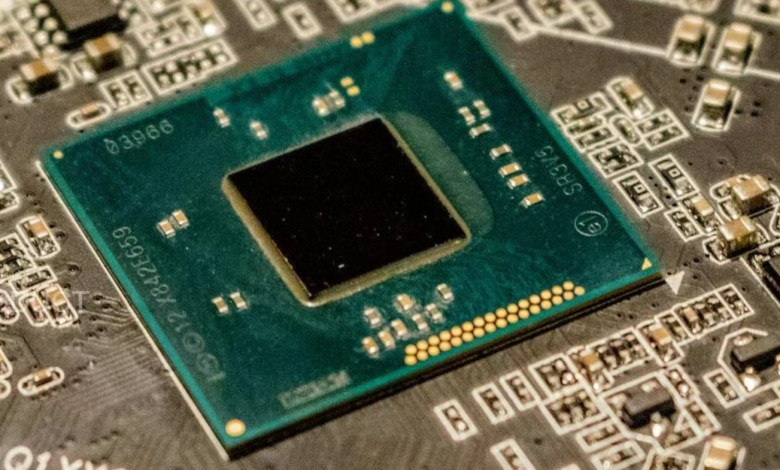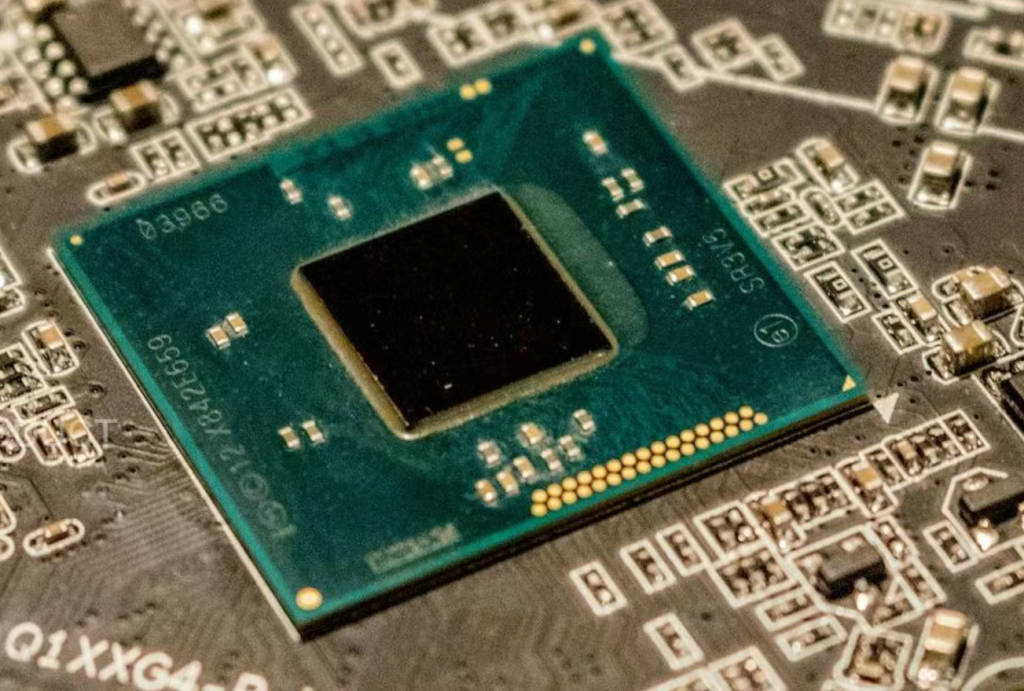

From Academic Excellence to Industry Disruption
Founded in March 2020 by four Tsinghua University alumni from the Class of 1998’s Electronic Engineering Department, Hangzhou Puxi Optoelectronics has rapidly emerged as a leading SiC (silicon carbide) power semiconductor company in China. With a $100M+ Series B funding round led by Luyao Capital and AIHang Fund, and backed by heavyweight investors like SMIC’s Xicheng Capital, the company is now positioned as a unicorn contender in China’s booming third-generation semiconductor sector12.
Having tracked China’s semiconductor startups for years, I’ve noticed a trend: Tsinghua alumni are increasingly dominating high-tech entrepreneurship, particularly in compound semiconductors. Puxi Optoelectronics exemplifies this shift—its founding team brings 15+ years of experience from global semiconductor giants, specializing in high-temperature power systems, automotive electronics, and advanced packaging8.
Why SiC? The Next Frontier in Power Electronics
Silicon carbide (SiC) is revolutionizing industries that demand high efficiency, extreme temperature resistance, and compact power solutions. Unlike traditional silicon chips, SiC devices operate at higher voltages, frequencies, and temperatures, making them ideal for:
- Electric vehicles (EVs) – Enabling faster charging and longer range
- Energy exploration – Withstanding 200°C+ downhole conditions in oil/gas drilling
- Aerospace & military – Powering Hall-effect thrusters in satellites
- Renewable energy – Improving efficiency in solar inverters and grid storage
Puxi Optoelectronics identified a critical gap: China lacked domestic suppliers of ultra-high-temperature SiC chips (beyond 200°C), forcing reliance on U.S. and Japanese firms like Wolfspeed and Rohm14.
Breakthrough Innovation: 230°C-Tolerant SiC Chips
Solving the “Red Zone” Challenge in Energy Exploration
One of Puxi’s most groundbreaking achievements is its 230°C-rated SiC power modules—China’s first to operate reliably in extreme environments. In ultra-deep oil drilling (6,000+ meters), temperatures exceed 200°C, where traditional silicon chips fail (max 175°C).
How Puxi’s Tech Stands Out:
✔ High-Temperature Compensation Circuitry – Minimizes performance drift under thermal stress
✔ Heterogeneous Substrate Packaging – Reduces parasitic inductance/capacitance, enabling smaller, lighter modules
✔ LLC Resonant Soft-Switching – Boosts efficiency while cutting energy loss
Market Impact:
- Oilfield applications: Replaced imported systems in Chinese energy giants, with modules priced from $10K to $1M+ and margins exceeding 85%1.
- Space tech: Supplies radiation-hardened power modules for satellite propulsion systems.
- EVs & renewables: Developed SiC inverters 50% smaller than competitors, with 267 kW/L power density10.
A Rare Profitability Story in China’s Chip Sector
Unlike many Chinese semiconductor startups burning cash, Puxi has achieved profitability—a rarity in capital-intensive SiC. Its “virtual IDM” model (owning design & testing while outsourcing wafer production) keeps costs manageable. The company’s 10,000+ sqm facility in Zhejiang produces 10,000+ specialized systems annually110.
The Tsinghua Factor: Elite Team, Strategic Vision
Meet the Founders: A Dream Team in Power Semiconductors
- CEO Xu Yili – Former CCTV financial commentator turned semiconductor entrepreneur, now pursuing a Ph.D. in IC design at Tsinghua.
- CTO Dr. Yang Qi – Ex-power electronics lead at a top Japanese semiconductor firm, with 20+ patents in ultra-low-power (ULP) SiC devices.
- CMO Li Xin – Auto industry veteran, instrumental in securing $450M in SiC supply deals with EV makers8.
Why This Matters:
In my interviews with Chinese semiconductor CEOs, cross-disciplinary leadership (tech + business + policy insight) is a key differentiator. Puxi’s team blends deep technical expertise with strong government/industry networks, helping it secure state-backed funding and contracts4.
Market Outlook: A $9.2B Opportunity by 2029
China’s SiC Boom: Growth Drivers & Challenges
Puxi operates in a $620B (RMB) domestic SiC market by 2029 (CAGR: 34%), fueled by:
🚀 EV adoption – SiC inverters improve range by 5-10% (key for BYD, NIO, Li Auto).
⚡ Renewable energy push – SiC-based solar inverters cut energy loss by 30%.
🛰️ Military/space modernization – Demand for radiation-resistant power systems.
But risks remain:
⚠ Transition to 8-inch wafers – Most Chinese fabs still use 6-inch, raising costs.
⚠ U.S. export controls – Restrictions on advanced SiC epitaxy tools could slow progress.
Puxi’s Response:
- Expanding into AI power management and 3.3kV+ ultra-high-voltage modules.
- Partnering with Huadian, CRRC, and aerospace institutes for custom SiC solutions10.
Conclusion: Can Puxi Become China’s Wolfspeed?
Puxi Optoelectronics represents China’s best shot at SiC self-sufficiency. With Tsinghua’s technical pedigree, strong profitability, and government backing, it’s well-positioned to challenge U.S./Japanese dominance.
Key Takeaways for Investors & Industry Watchers:
🔹 High-margin niche: Specialized SiC systems (e.g., oilfield, space) offer better margins than commoditized auto chips.
🔹 Policy tailwinds: China’s “chip localization” mandates favor domestic suppliers.
🔹 Global ambitions: If Puxi cracks 3300V+ modules, it could enter Europe’s grid & rail markets.
Final Thought:
In my view, Puxi’s success hinges on scaling production while maintaining tech leadership—a tough balance in capital-intensive semiconductors. But if any team can pull it off, it’s this Tsinghua-powered quartet.




